At 10:40 am on Tuesday, a 32-year-old Chongqing resident surnamed Mu received a box of apples from Tianshui, Gansu province. This seemingly routine delivery was the 150 billionth parcel delivered in China this year, highlighting the immense scale of the country's logistics industry and its growing role in the economy.
"I order all kinds of things online — from clothes to food, and even fruit," Mu said as she unpacked the fresh apples. "It's incredible how quickly everything arrives. Just two days ago, I ordered these apples, and now they're here. It's so convenient, and the quality is guaranteed. I can't imagine life without this service."
The 150 billionth parcel is part of a larger trend showcasing explosive growth in China's delivery sector. To put the scale into perspective: if all parcels delivered this year were laid end to end, they would stretch between the Earth and the moon 50 times.
The milestone underscores the critical role of logistics in China's economy. Starting from this year, the average consumer in China is expected to receive more than 100 parcels annually, with the country's delivery network handling over 5,400 parcels every second.
The broader national trend is that as more people embrace online shopping, fast and reliable deliveries have become a cornerstone of daily life.
"Everything I buy is online, and the prices are always better than in the store," Mu said. "The speed of delivery is amazing. I can order something in the morning and have it delivered by the afternoon. It's also cheaper than going out to buy it in a store."
China's logistics industry has reached new heights this year, with daily parcel volumes peaking at 7.29 million. Beyond volume, affordable prices and reliable service have made online shopping more appealing, further fueling the sector's growth.
China's parcel delivery network is not limited to urban centers.
Increasingly, services are being expanded to rural and underserved areas. Companies such as J&T Express and platforms like Pinduoduo have been instrumental in extending logistics infrastructure to central and western regions.
The apples Mu received came from Gansu, a province that has significantly improved its logistics capabilities.
In the past, Gansu farmers struggled to sell their produce due to a lack of e-commerce channels.
Today, local entrepreneurs like Zhang Pengfei are bridging the gap, enabling farmers to sell thousands of apples daily through online platforms.
"The rapid growth of e-commerce and logistics here has been a game changer," Zhang said. "A few years ago, these apples wouldn't have made it out of the region. Now, we're shipping them nationwide, all thanks to the delivery network."
The expanding parcel network is also driving economic growth in rural areas. In Gansu, government investment in logistics infrastructure has led to new delivery stations and transportation hubs. From January to October, the province saw a 46.8 percent year-on-year increase in parcel volume, with logistics costs declining due to improved infrastructure, according to Gansu's postal bureau.
"The arrival of the 150 billionth parcel in Chongqing highlights the progress of the postal and delivery industry in central and western China," said Chen Denghua, an official from Chongqing's postal administration. "This milestone reflects not only the industry's expansion, but also the vibrant market potential in these regions."
National policies, including subsidies for county-level distribution centers and financial support for remote areas, have also contributed to the sector's success.
China's logistics market, the largest in the world, accounted for over 60 percent of global parcel volume last year. The country processes more parcels than the next nine countries combined, according to Gui Ning, vice-president of J&T Express.
"China's logistics innovations are being applied overseas, improving delivery efficiency in other markets," Gui said.
Zhao Guojun, director of the postal development research center at the Beijing University of Posts and Telecommunications, said "China's express delivery industry improves livelihoods while stimulating production and consumption. This virtuous cycle supports economic growth and strengthens China's global supply chain leadership."
As the sector evolves with cutting-edge technology, the implementation of more infrastructure and growing e-commerce demand, China is poised to maintain its global leadership in parcel delivery.
For consumers like Mu, the 150 billionth parcel isn't just a number, but a testament to how integral delivery services have become to daily life. As the industry continues to grow, so too will the opportunities it creates for consumers and the economy alike.








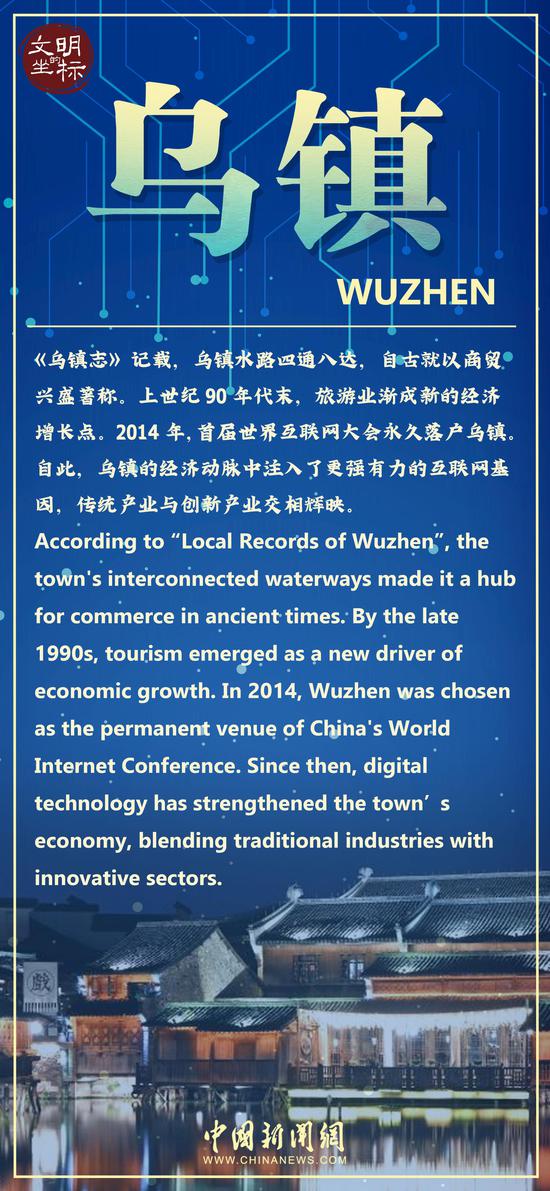

















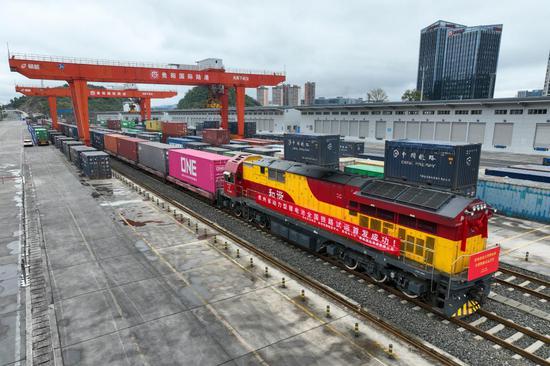
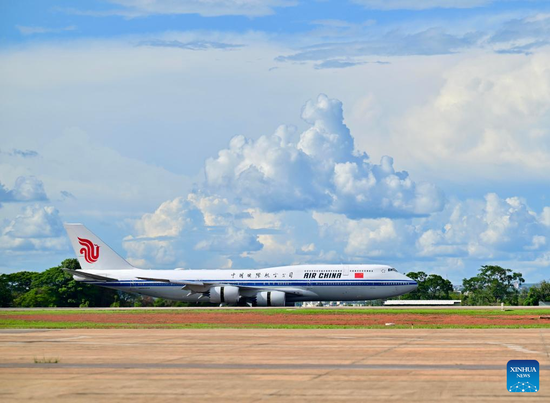

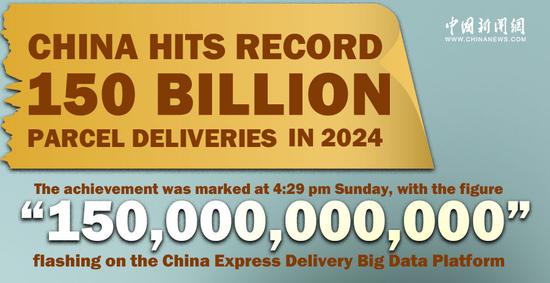

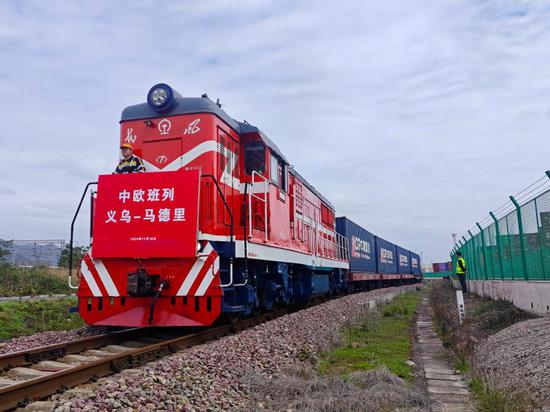





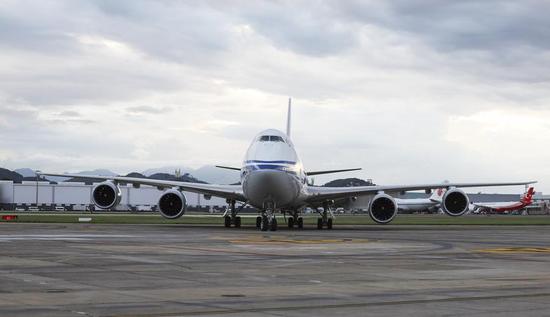


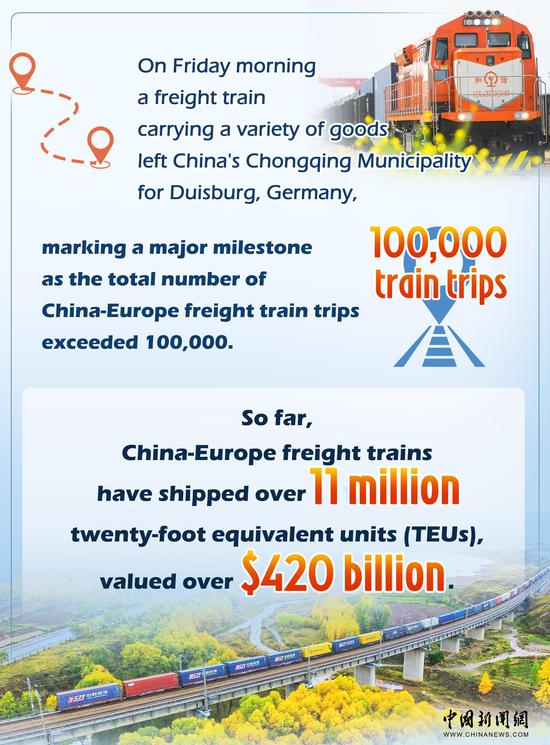
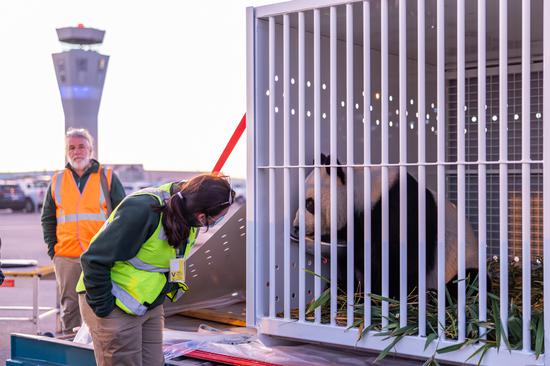
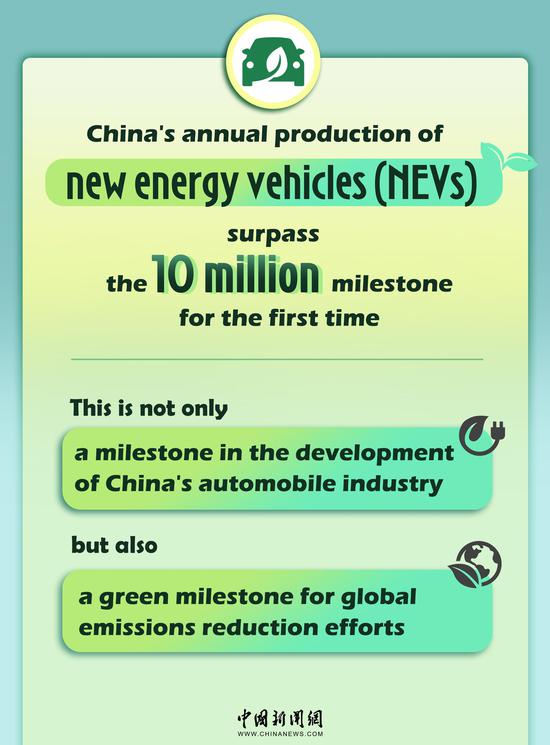







 京公網安備 11010202009201號
京公網安備 11010202009201號